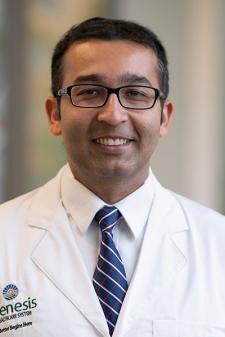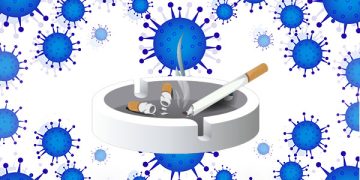1) High Cholesterol level and dyslipidemia: The relative reduction in CVD risk is proportional to the absolute size of the change in LDL-C, irrespective of the drug(s) used to achieve such change. (RCTs) indicate that lowering LDL-C safely reduces CVD risk even at low LDL-C levels( 55 mg/dl).
2) Risk Calculators predicting occurrence of Cardiovascular Disease based on underlying medical conditions.
A) ADVANCE -Diabetic patients can use this risk calculator.
B ) SMART RISK: Patients with underlying CVD Disease with prior history of heart attack or revascularization with stent.
C) The SCORE2 : European population with age< 70 and >40 without any underlying medical condition.
D ) ASCVD: American population age> 40 year.
E) SCORE2 OP: European population with age>70 without underlying medical condition.
3) Statin Medications: ( Atorvastatin/ Rosuvastatin/Pravastatin): The most frequent adverse effect of statin therapy is myopathy, but this is rare. A meta-analysis ruled out any contribution to an increase in non-CV mortality. Although 5–10% of patients receiving statins complain of myalgia. These patients can be offered Zetia. Statins are harmful in pregnancy and is not recommended.
PCSK 9 inhibitors: It decreases LDL-C by up to 60%, either as mono-therapy or in addition to the maximum tolerated dose of statin and/or other lipid-lowering therapies, such as ezetimibe. It is usually given by Sub Q injection bi weekly. PCSK9 inhibitors also lower triglycerides, raise HDL-C and apolipoprotein A-I, and lower lipoprotein(a), although the relative contributions of these lipid modifications remain unknown.
Newer Medicine :Inclisiran is a long-acting hepatic PCSK9 synthesis inhibitor that also lowers LDL-C levels considerably. Its effect on clinical outcomes remains to be established. It is usually given on day 1 and then 90 day( 3 months), followed by day 270( 9 months) and followed by day 450( 15 months).

Dr Bharat Marwaha, MD is practicing Cardiologist in U.S.A. He has published and presented more than 15 articles including in top 2 Journals of Cardiology in United States. He has received an “Academic Excellence Award” during his training. He has represented Ohio States at National Jeopardy Quiz Contest for doctors. He is a reviewer for Journal of Translation Medicine and Cureus.














Interesting data, thanx for sharing.
I have personally found PCSK 9 inhibitors to be quite effective.
Nice article. Abnormalities in serotonergic function also may be another mechanism by which negative emotional states and stress influence atherogenesis.
Excellent blog you have here.. It’s difficult to find quality writing like yours these days.
I honestly appreciate people like you! Take care!!
My гelatives eᴠеry time say that I am kilpling my tiome herte att web, except I know I am getting knowledge everyday Ƅy
reading such pleasant content.